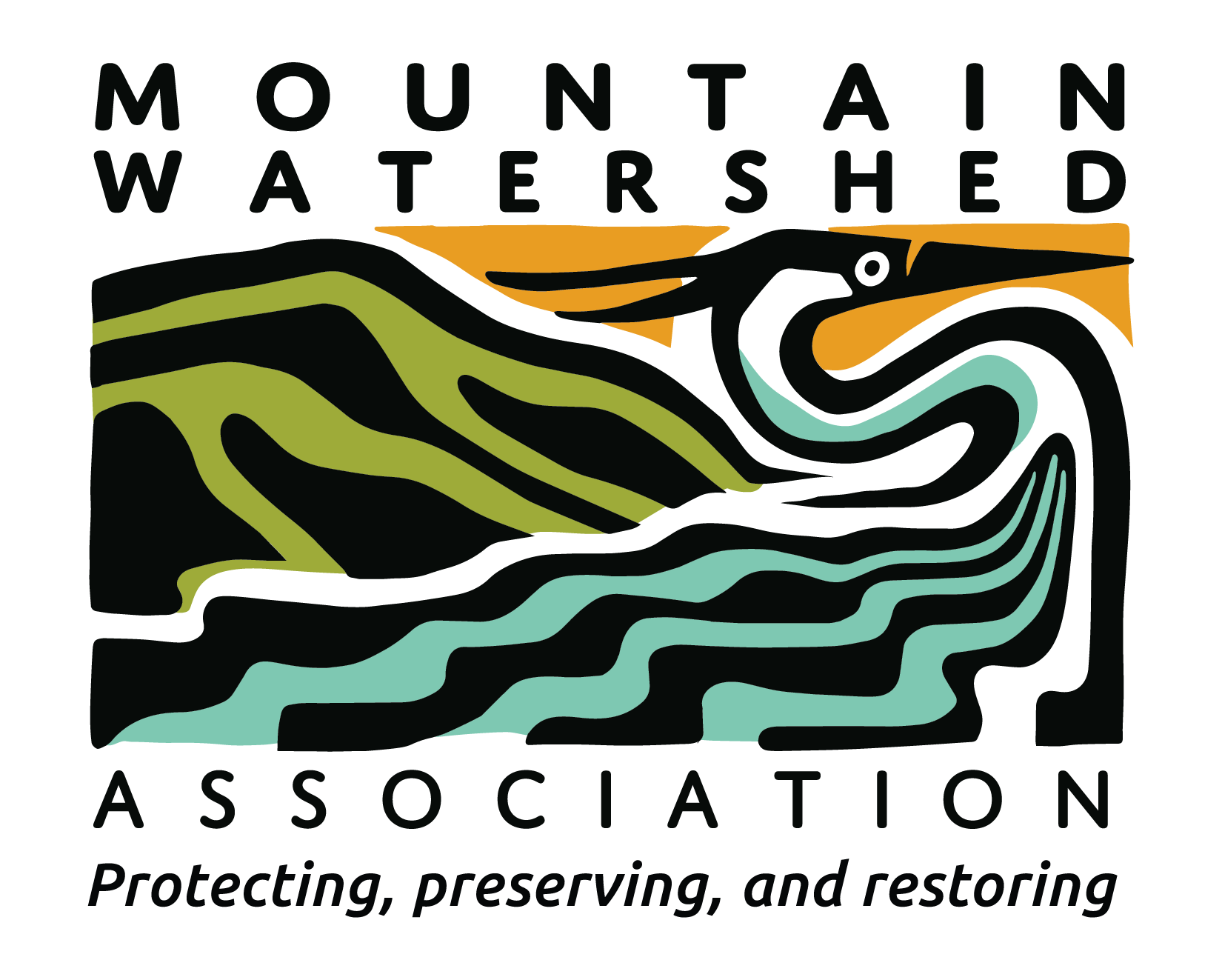Recently, members of Elizabeth Township were able to review the draft versions of the “Host Community Agreement” and “Sanitary Sewer Facilities Contribution Agreement,” which are contracts between Allegheny Energy Center LLC, (AEC) and the Township. These agreements were created in anticipation of the 550 megawatt natural gas-fired power plant proposed for Elizabeth Township’s Smithdale neighborhood. The documents are labeled “draft” and dated February 2019. So far, the township has been unresponsive to requests for any updated or finalized versions. In their draft form, the documents enumerate mutual obligations, some of which could prove highly problematic for the township’s future.

At a glance, it appears as though AEC has generously agreed to contribute $25 million dollars to the Township, the majority of which to go towards much needed repairs for the municipal sewage system. A closer inspection reveals there are several significant qualifiers to AEC’s promise. These various preconditions are defined in somewhat broad and ambiguous terms, and yet failure to meet them results in AEC’s withdrawal of their $25 million dollar offer.
For example, one of these preconditions is that AEC must receive financial backing which is on terms they deem “acceptable.” There is no discussion or illumination of what constitutes “acceptable” project financing, merely the statement that the determination of acceptable conditions is up to AEC’s “sole discretion.”
Another such condition is that AEC must have (again, in their “sole discretion”) received all necessary “approvals, agreements, license and permits” for the project. This specifically includes permits which are “final” and “non-appealable.” Such language is a somewhat peculiar addition because, for certain permits, if consistent violations are recorded, it can trigger a new opportunity for appeals from citizens or state agencies.
Furthermore, with a project of this scale, the permitting process is interminable. The state-level environmental permitting for the Tenaska power plant in Westmoreland County took roughly ten years, from start to finish. This is to say nothing of all the other state, federal, and local permits that are necessary. At this point, there is no record of AEC submitting any permit applications except for air emissions, submitted in spring of this year. This means that it is possible the township will face a scenario in which they continue to expend tens or even hundreds of thousands of dollars for experts and staff to review, coordinate, and/or process many of these permits, but receive no recompensing funds for several years, if ever. In the meantime, tax payers would continue to bear the cost of the project.
Also included as a precondition, is the requirement that the Township use its own funds to construct both: a new sanitary sewer line that extends to the power plant and increased sewage treatment capacity, so that all untreated sewage from the power plant can be accepted.
Even though AEC has stated they will use an “air-cooled” power plant system (as opposed to the commonly used water cooling system), the discharge from the power plant could be tens of thousands of gallons per day. At Invenergy’s Lackawanna Energy Center, which uses air-cooling methods, the discharge can be up to 58,000 gallons per day, which then flow to the local sewer authority. Given that Elizabeth Township is currently out of compliance with their sewer system, these improvements could come at a significant cost to the Township and without a guarantee of reimbursement.
This is especially so because return for this investment from the township, AEC states that they will never pay for any connection fees, tapping fees (whether for capacity, distribution, collection or special purposes), recapture fees, administrative costs, engineering fees, or attorneys’ fees related to sewage use. They will, however, pay “actual usage of the Township sanitary sewage facilities at the rate paid by other Township customers.”
In a similarly uneven offer, the host agreement also includes a promise that AEC will construct a new recreation area, which would consist of youth soccer and baseball fields. However, once built, the Township will be contractually bound to keep the area in good condition, and be entirely financially responsible operation, maintenance, and repairs “at no expense to AEC.”
In some similar situations, township representatives asked residents for input throughout the process of drafting the host agreement. Residents were then able to voice their concerns and share their priorities which resulted in additional terms being included. For example, one community included terms regarding additional air and water monitoring and ensured that the data was shared with the community and not just the reporting agencies. If you would like to see additional or improved terms in Elizabeth Township’s host agreement please contact a township a representative and share your views.

